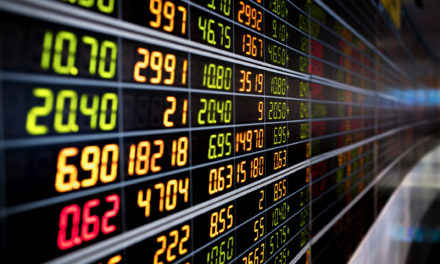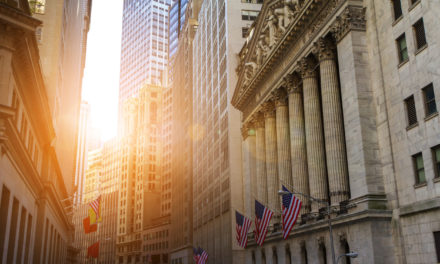
“When we own portions of outstanding businesses with outstanding managements, our favorite holding period is forever.”
— Warren Buffett
The Warren Buffett investment philosophy calls for a long-term investment horizon, where a two-decade holding period, or even longer, would fit right into the strategy. How would such a strategy have worked out for an investment into Molson Coors Beverage Co (NYSE: TAP)? Today, we examine the outcome of a two-decade investment into the stock back in 2001.
| Start date: | 11/02/2001 |
|
|||
| End date: | 11/01/2021 | ||||
| Start price/share: | $25.78 | ||||
| End price/share: | $45.18 | ||||
| Starting shares: | 387.90 | ||||
| Ending shares: | 577.68 | ||||
| Dividends reinvested/share: | $20.52 | ||||
| Total return: | 161.00% | ||||
| Average annual return: | 4.91% | ||||
| Starting investment: | $10,000.00 | ||||
| Ending investment: | $26,092.09 | ||||
The above analysis shows the two-decade investment result worked out as follows, with an annualized rate of return of 4.91%. This would have turned a $10K investment made 20 years ago into $26,092.09 today (as of 11/01/2021). On a total return basis, that’s a result of 161.00% (something to think about: how might TAP shares perform over the next 20 years?). [These numbers were computed with the Dividend Channel DRIP Returns Calculator.]
Notice that Molson Coors Beverage Co paid investors a total of $20.52/share in dividends over the 20 holding period, marking a second component of the total return beyond share price change alone. Much like watering a tree, reinvesting dividends can help an investment to grow over time — for the above calculations we assume dividend reinvestment (and for this exercise the closing price on ex-date is used for the reinvestment of a given dividend).
Based upon the most recent annualized dividend rate of 1.36/share, we calculate that TAP has a current yield of approximately 3.01%. Another interesting datapoint we can examine is ‘yield on cost’ — in other words, we can express the current annualized dividend of 1.36 against the original $25.78/share purchase price. This works out to a yield on cost of 11.68%.
More investment wisdom to ponder:
“Sentimentality about an investments leads to lack of discipline.” — Sam Zell




